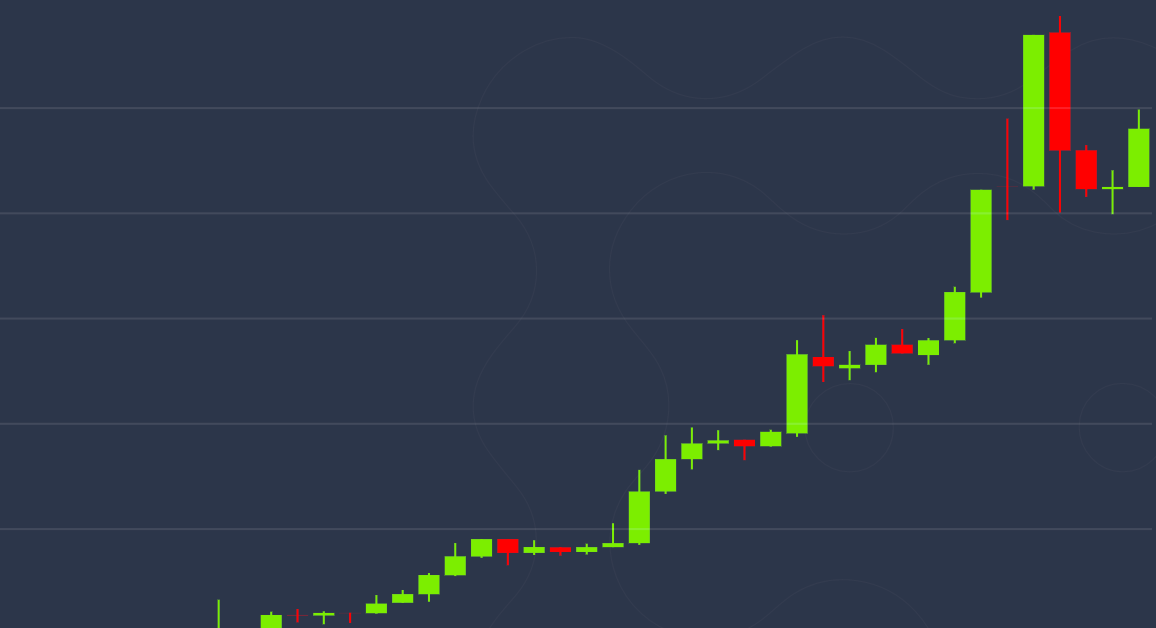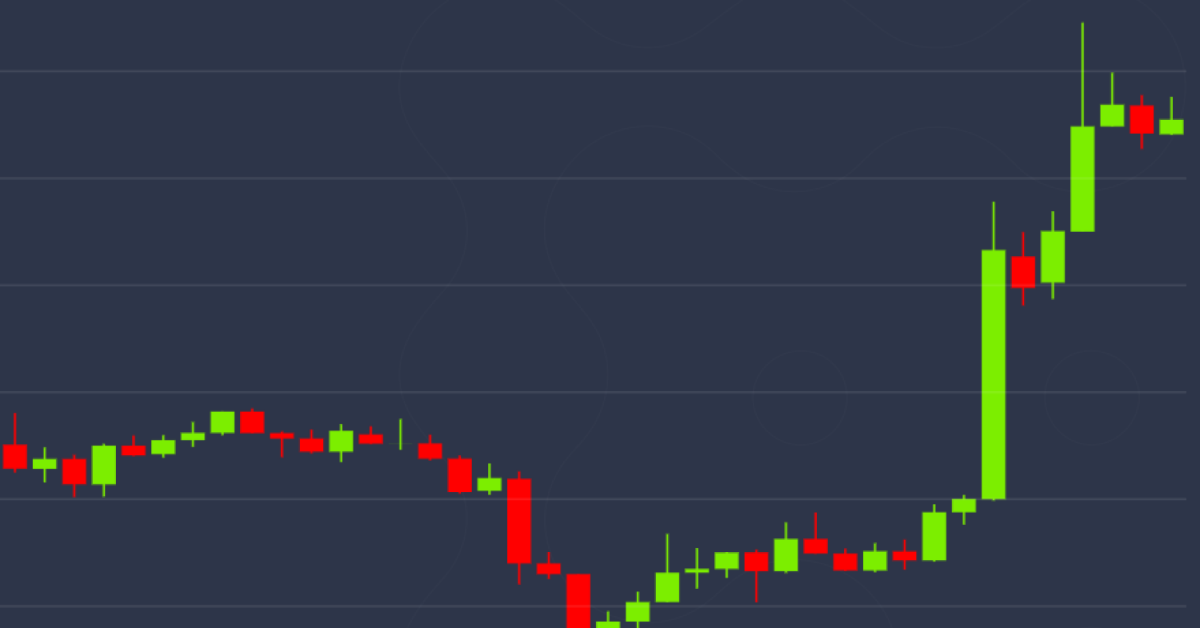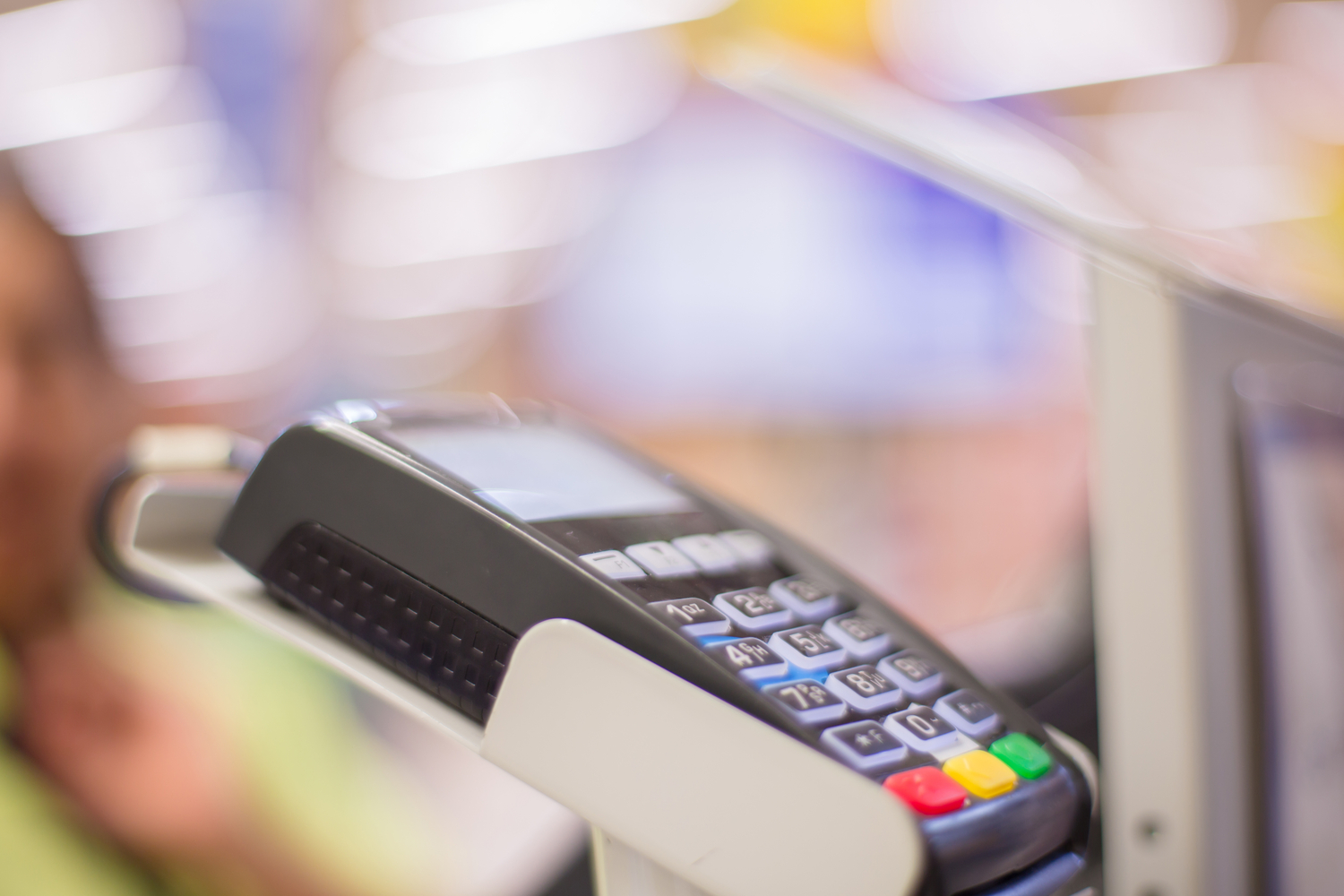Lawmakers Could Still Nix Digital Euro, ECB’s Panetta Says
Featured SpeakerChristy Goldsmith Romero
CommissionerU.S. Commodity Futures Trading Commission

Explore the policy fallout from the 2022 market crash, the advance of CBDCs and more.
:format(jpg)/www.coindesk.com/resizer/VDk3MowyGg2DUxeRJFgGIHdZ6SE=/arc-photo-coindesk/arc2-prod/public/ZHFQDVVL5ZHVNGH7MTIESP35ZU.jpg)
Jack Schickler is a CoinDesk reporter focused on crypto regulations, based in Brussels, Belgium. He doesn’t own any crypto.
Featured SpeakerChristy Goldsmith Romero
CommissionerU.S. Commodity Futures Trading Commission

Explore the policy fallout from the 2022 market crash, the advance of CBDCs and more.
Members of the European Parliament can still stop the European Central Bank from issuing a digital euro, ECB board member Fabio Panetta said on Monday, as lawmakers express increasing doubts about the value of a central bank digital currency (CBDC).
Though the ECB has previously said it will decide whether to proceed with the digital euro later this year, its Executive Board member appeared to concede that political opposition could still prove a decisive obstacle, in remarks to the parliament’s Economic and Monetary Affairs Committee.
“There should be a political decision to issue [a digital euro], and then the central bank should be ready to respond,” Panetta said.
“If that call [not to go ahead] is done at the political level” – via the European Parliament, and the European Union’s Council, which represents its member states – “I cannot see any chance of the ECB deciding autonomously or independently to progress,” he added.
Panetta urged lawmakers to pass new laws making the digital euro legal tender – implying that merchants who accept digital payments would also have to take the CBDC, an issue the ECB has already broached with finance ministers.
“We want to be sure that in any situation, in any circumstance, we will have a framework that would allow all European citizens to pay everywhere in a safe and efficient manner at cheap costs,” Panetta told the committee. He cited ECB research that suggests citizens see the ability to pay anywhere as the “most important feature” of a CBDC.
The ECB is also considering how to grant access to around 5% of the population who don’t have or want a bank account, including conducting identity checks via Post Offices, online or through other intermediaries, Panetta said.
During the debate, Jonás Fernández joined the chorus of lawmakers querying the point of the initiative.
“Some people are calling into question of whether it is necessary to have a digital euro when it’s so difficult to distinguish it from any other payment method,” said Fernández, ranking member on the committee for his center-left Socialists and Democrats party. “What do you think are the advantages that would make us want to continue working on this project?”
But Panetta seems undeterred, telling a Brussels audience earlier Monday that he didn’t view remarks from lawmakers as skepticism, but as welcome scrutiny of his ideas.
“I think they are rightly interested in understanding the details … if we make mistakes there could be big damage,” he said. “We will not make mistakes, but I think it is good that others want to check this.”
Edited by Nikhilesh De.
DISCLOSURE
Please note that our
privacy policy,
terms of use,
cookies,
and
do not sell my personal information
has been updated
.
The leader in news and information on cryptocurrency, digital assets and the future of money, CoinDesk is a media outlet that strives for the highest journalistic standards and abides by a
strict set of editorial policies.
CoinDesk is an independent operating subsidiary of
Digital Currency Group,
which invests in
cryptocurrencies
and blockchain
startups.
As part of their compensation, certain CoinDesk employees, including editorial employees, may receive exposure to DCG equity in the form of
stock appreciation rights,
which vest over a multi-year period. CoinDesk journalists are not allowed to purchase stock outright in DCG
.
:format(jpg)/www.coindesk.com/resizer/VDk3MowyGg2DUxeRJFgGIHdZ6SE=/arc-photo-coindesk/arc2-prod/public/ZHFQDVVL5ZHVNGH7MTIESP35ZU.jpg)
Jack Schickler is a CoinDesk reporter focused on crypto regulations, based in Brussels, Belgium. He doesn’t own any crypto.
Learn more about Consensus 2023, CoinDesk’s longest-running and most influential event that brings together all sides of crypto, blockchain and Web3. Head to consensus.coindesk.com to register and buy your pass now.
:format(jpg)/www.coindesk.com/resizer/VDk3MowyGg2DUxeRJFgGIHdZ6SE=/arc-photo-coindesk/arc2-prod/public/ZHFQDVVL5ZHVNGH7MTIESP35ZU.jpg)
Jack Schickler is a CoinDesk reporter focused on crypto regulations, based in Brussels, Belgium. He doesn’t own any crypto.








